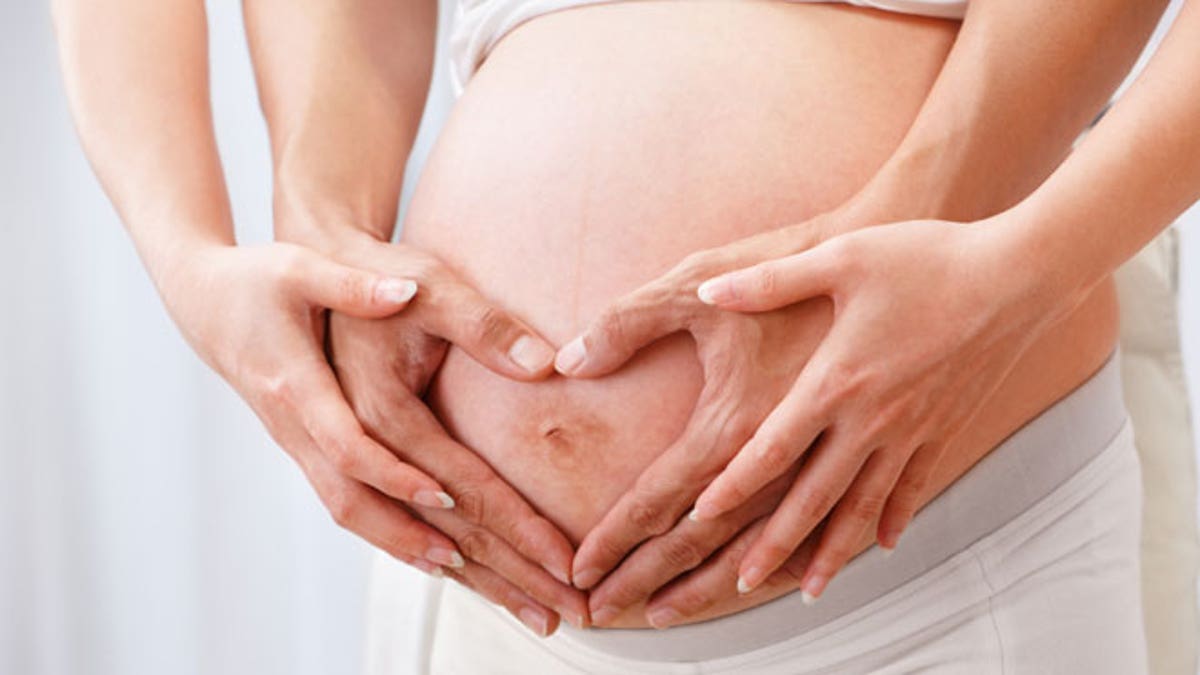
After an early miscarriage, couples who try to conceive again within three months may be more likely to have a successful subsequent pregnancy than people who wait longer, a U.S. study suggests.
Researchers followed nearly 1,000 couples after an early pregnancy loss and found women who started trying to conceive again within three months had 71 percent higher odds of having a baby than those who waited longer.
Of the 765 couples who started trying to get pregnant within three months, 77 percent eventually gave birth to a live baby, compared to 23 percent of the 233 couples who waited longer to start trying.
The study can't prove that trying for a baby again right after a miscarriage will cause the next pregnancy to happen sooner or result in a healthy baby nine months later. But the findings do suggest some women may not need to heed traditional advice to hold off trying again for three months after an early pregnancy loss, senior researcher Enrique Schisterman said by email.
"For women with an uncomplicated early pregnancy loss, our data show that there is no basis for delaying trying to become pregnant," said Schisterman, an epidemiologist at the Eunice Kennedy Shriver National Institute of Child Health and Human Development in Rockville, Maryland.
To explore how timing of conception efforts might impact pregnancy outcomes after loss, Schisterman and colleagues examined data on women with one or two prior pregnancy losses.
On average, the women were about 29 years old and their partners were around 30. Most were white, married, and had at least some education beyond high school.
Half the women had lost a baby during weeks eight to 13 of pregnancy, and another 44 percent experienced a loss before eight weeks. These losses fell within the first trimester, when most miscarriages occur.
Within six menstrual cycles after the miscarriage, 644 couples got pregnant again. Of those, 491 had babies. Most were born full-term, but 22 arrived early.
After adjusting for age, race, weight, education and fertility, there didn't appear to be a difference in complications such as high blood pressure or diabetes during pregnancy based on whether or not the women started trying within three months of a miscarriage, researchers report in the journal Obstetrics and Gynecology.
One limitation of the study is that only about 60 percent of the couples had plausible responses to questions about how long they had been trying to conceive since a miscarriage, the authors acknowledge. The remaining 396 couples reported dates prior to the miscarriage as the timing for starting to conceive again after the pregnancy loss.
A number of previous studies have linked short intervals between pregnancies with an increased risk of complications such as high blood pressure, membranes breaking too early, low birth weight and preterm delivery, Dr. William Hurd of Duke University School of Medicine noted in an editorial.
Even though women may be able to conceive again without delay after a miscarriage, they should consider these other risks when deciding the right time to start trying for a baby, Hurd said by email.
There are also mental health concerns to consider. "After every miscarriage, but particularly recurrent miscarriage, most clinicians recommend that a woman and her husband should both make sure they are emotionally ready to deal with another possible loss prior to attempting to get pregnant again," Hurd said.







































